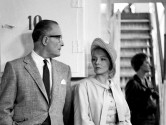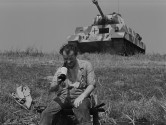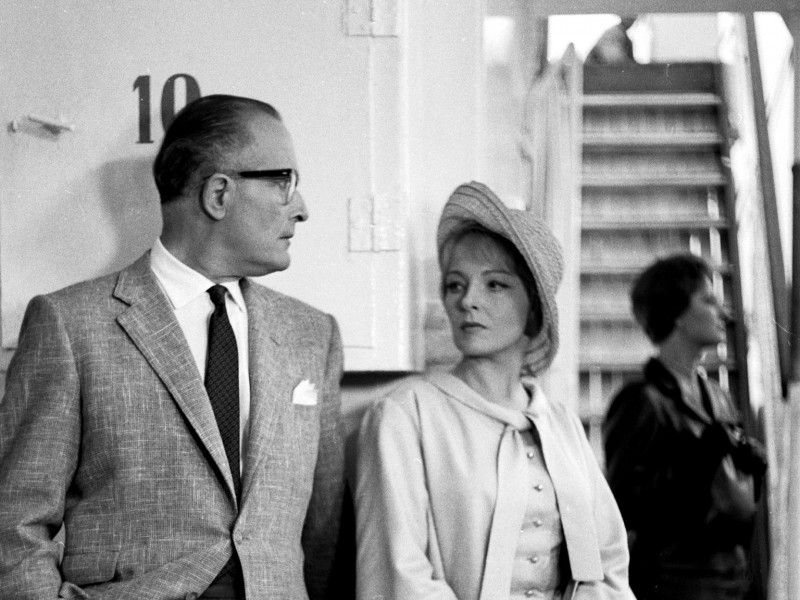
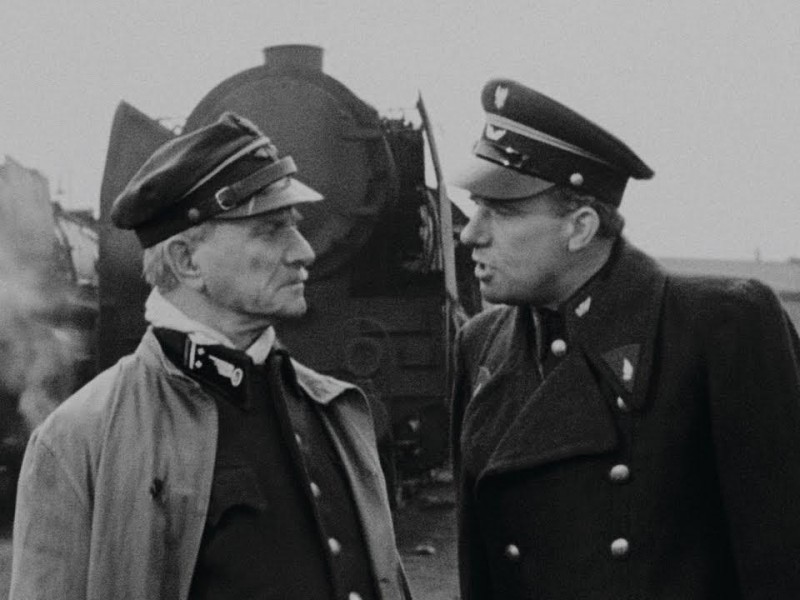
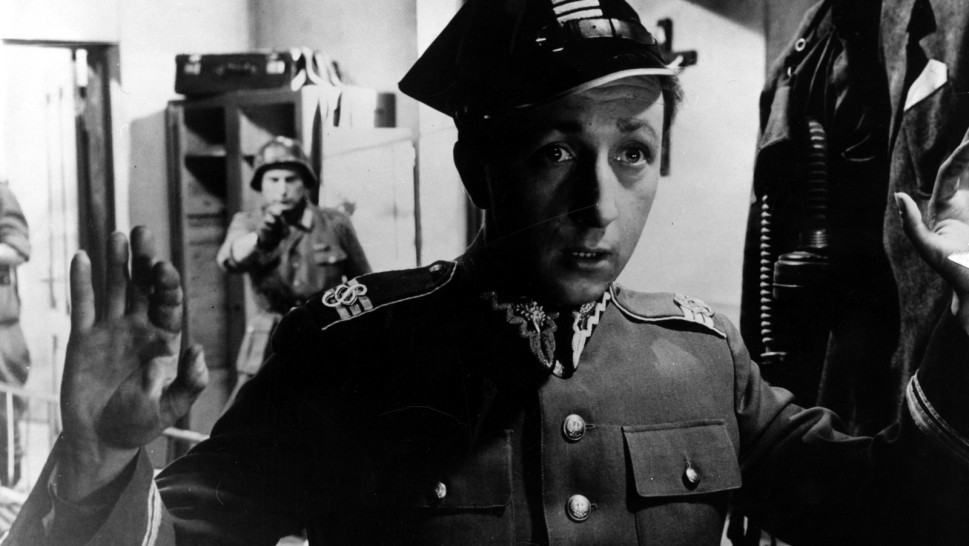
Wry Smiles, Suspicious Glances: The Films of Andrzej Munk
Andrzej Munk’s tragic death at age thirty-nine might have formed the plot for one of his own darkly sardonic works: a Polish Jew and an active resistance worker during the war, he was returning home from shooting his film Passenger at the Auschwitz concentration camp in 1961 when an oncoming truck struck his car. He left behind only four feature films, but his influence was prodigious. As one of the key figures of the postwar “Polish School” of filmmaking, along with Andrzej Wajda and Jerzy Kawalerowicz, he helped to shape a vision that broke with the official social realist optimism of Eastern-bloc dogma and cast a skeptical eye on official notions of heroism, nationalism, and life in the Stalinist-occupied state. Teacher and mentor to such cinematic heirs as Roman Polanski and Jerzy Skolimowski, his influence can be felt even in the films of a later generation of Polish filmmakers—directors like Zanussi and Kieslowski.
Munk’s cinema—often compared to the literature of his compatriot Witold Gombrowicz—showcases the ways in which ordinary people go about making sense of extraordinary times; and if sense can not be found, his films imply, then absurdity and satire should take its place. Though he died young, Andrzej Munk brought a fully realized and radically nonconformist vision to a culture caught between the ravages of wartime and the exigencies of a numbing new conformity. It is a body of work that bears re-viewing.
